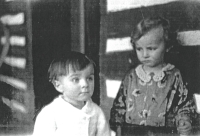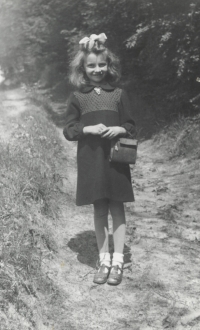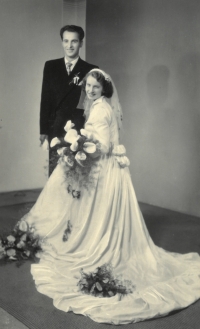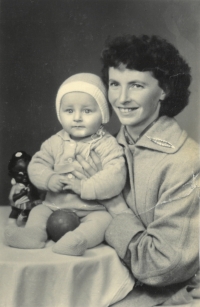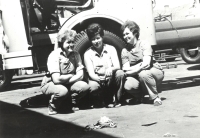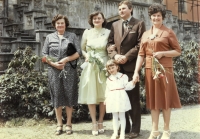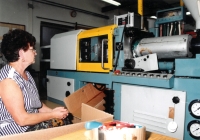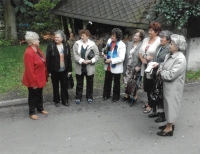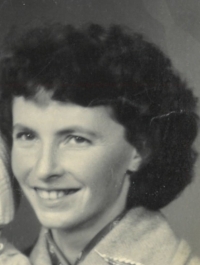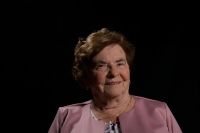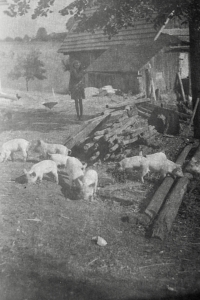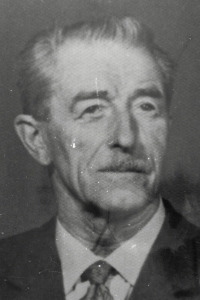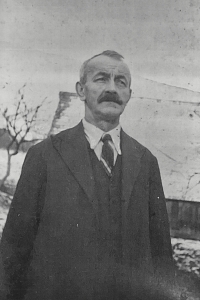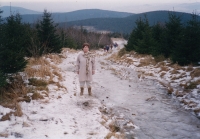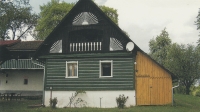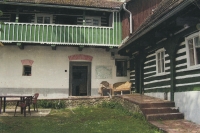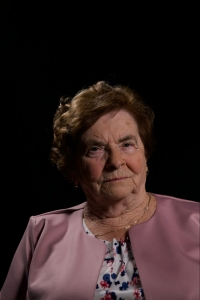My father said that nothing good ever came from the East. And he didn’t mean the storm
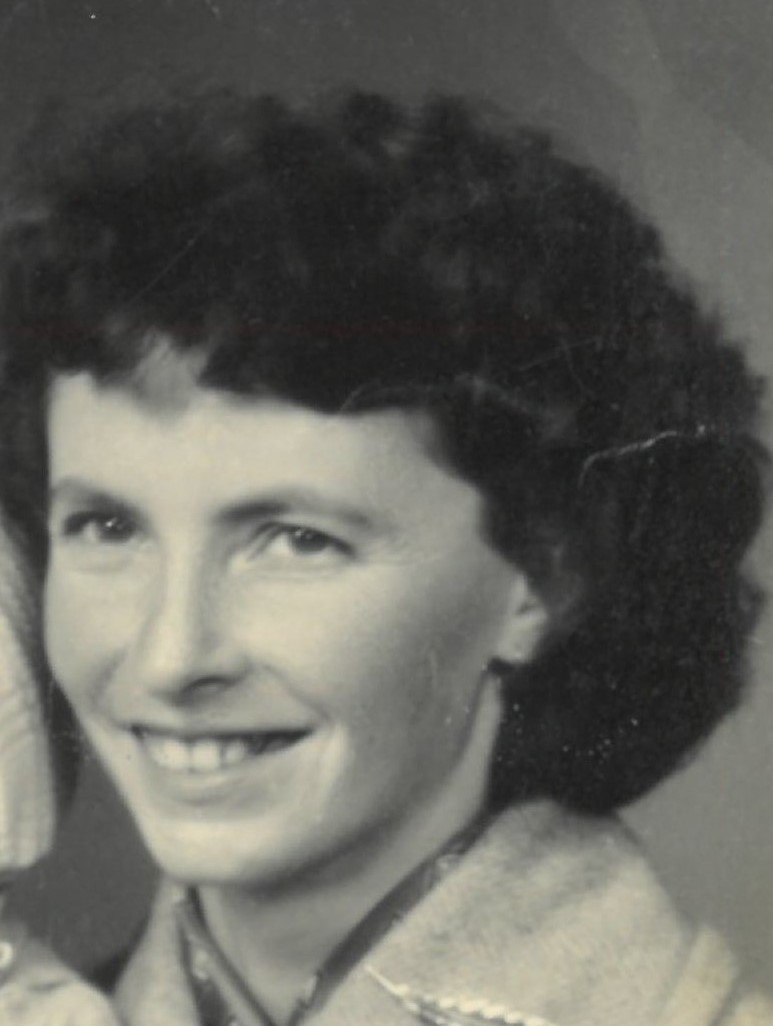
Download image
Marie Jáčová, née Stará, was born on 2 December 1932 in the village of Radlice u Turnova. At the beginning of the Second World War she attended the primary school in Březová. During the war, she and her mother secretly crossed the border of the Protectorate of Bohemia and Moravia to visit their relatives. In the spring of 1945, she witnessed air raids by Allied bombers on the villages of Letařovice and Kobylí. She witnessed the death of a boy from her neighborhood, as he was shot by Germans retreating on a train. After the war, she entered the municipal school in Český Dub. From 1949 to 1950, she studied at a household school in Mladá Boleslav. Her family farmed ten hectares of fields. Her father refused to join the Communist Party. In the 1950s, after pressure on the whole family had been implemented, he was forced to join the JZD (Agricultural Coop). Marie Jáčová got married and raised two sons with her husband. She earned money by working for the Jablonec Jewelery Factory. Later, she found employment in a car parking lot in České Duby. At the time her sons entered the high school, her husband died prematurely. In order to support her family, she accepted the backbreaking work in the paint shop of the Liaz Company in Mnichovo Hradiště. At the age of 45, she suffered a heart attack and found a job in the associated production of the JZD (Unified Agricultural Coop). She welcomed the Velvet Revolution with enthusiasm. In the 1990s, she got back her family’s land. She worked at the Dřevoplast company till her 70th birthday, after that she went on to work at a small family farm. In 2023, she lived in Malčice.
